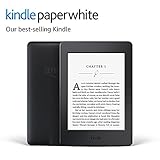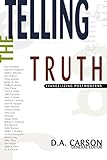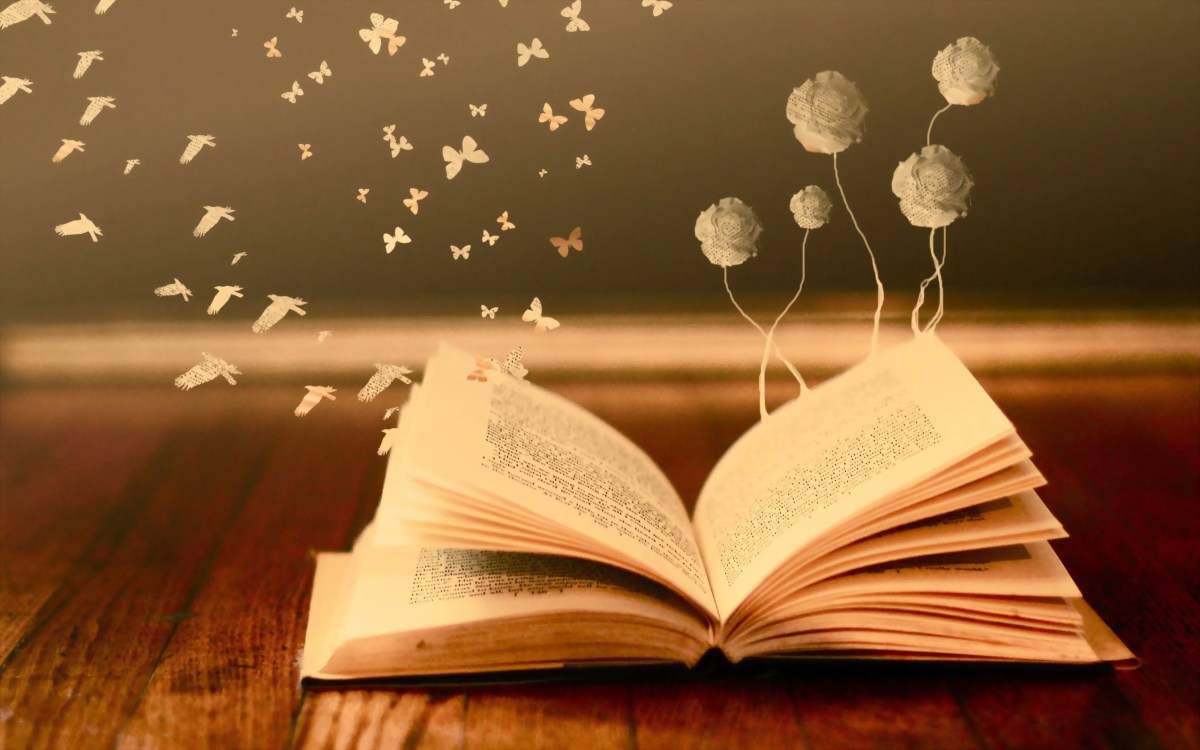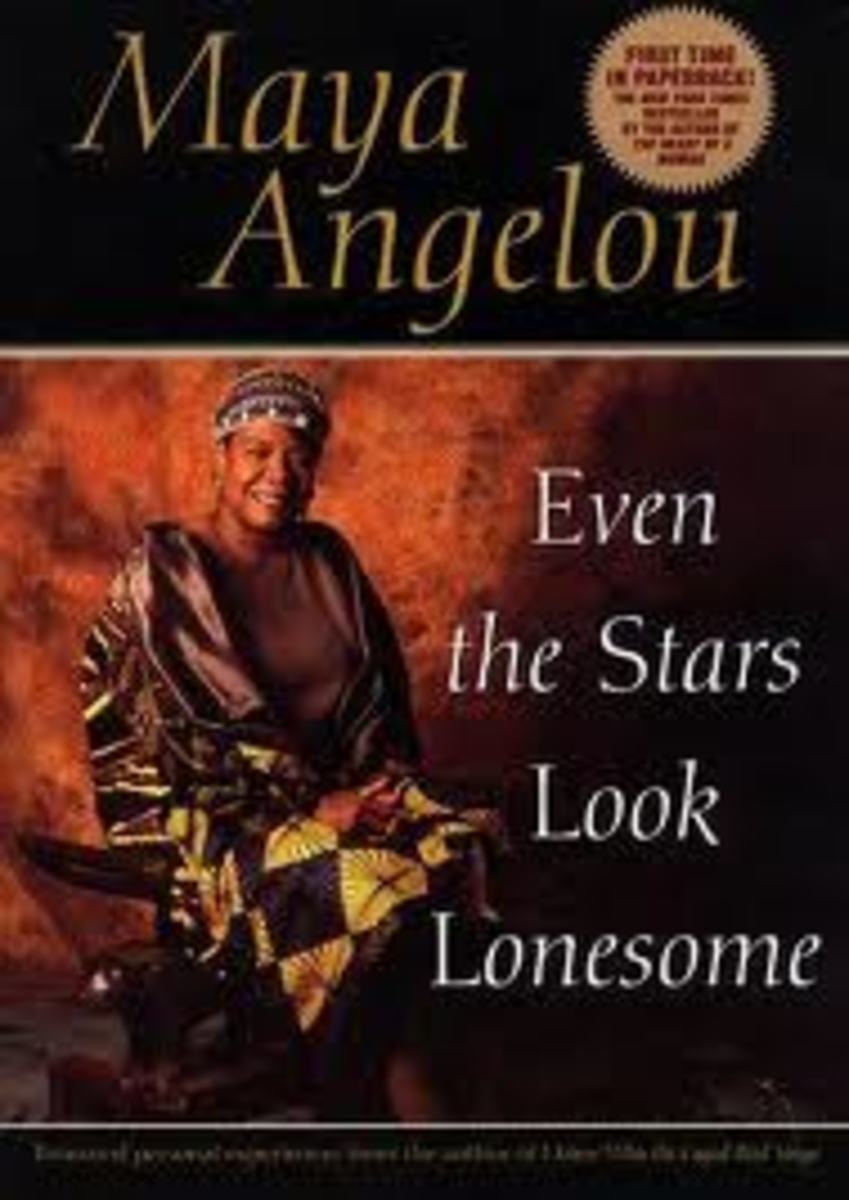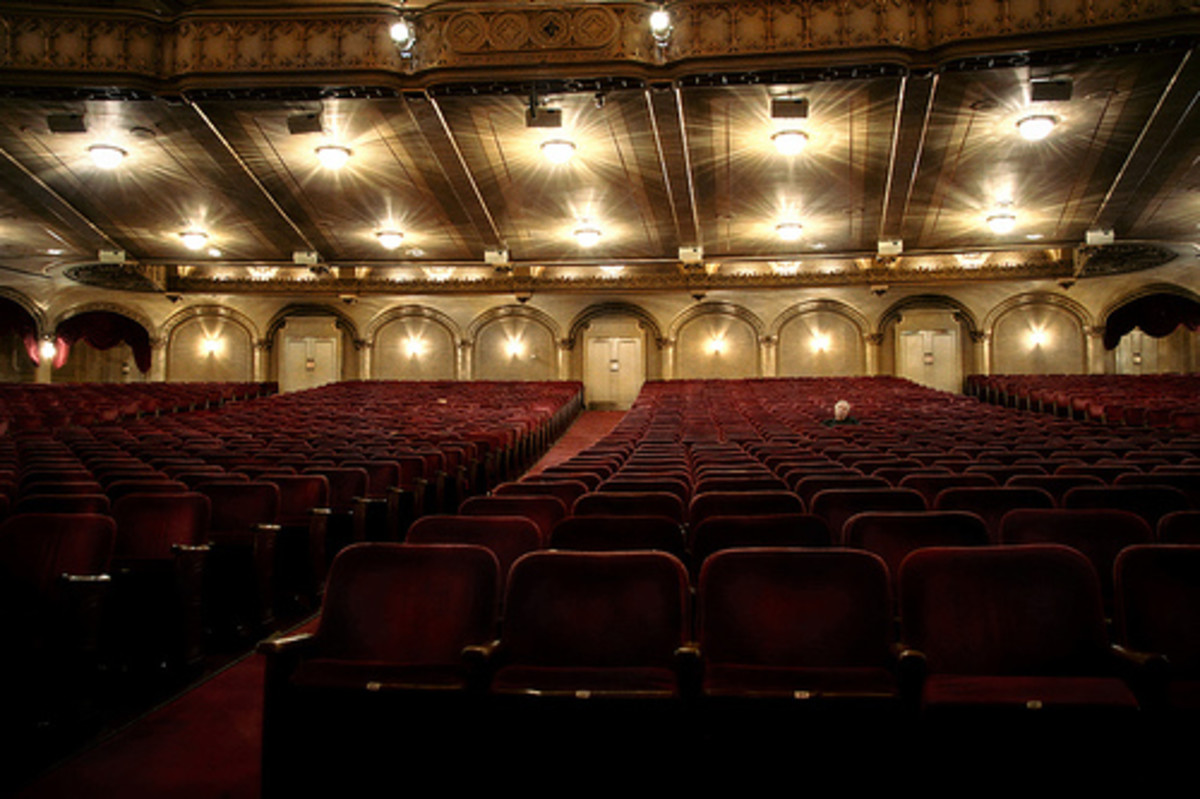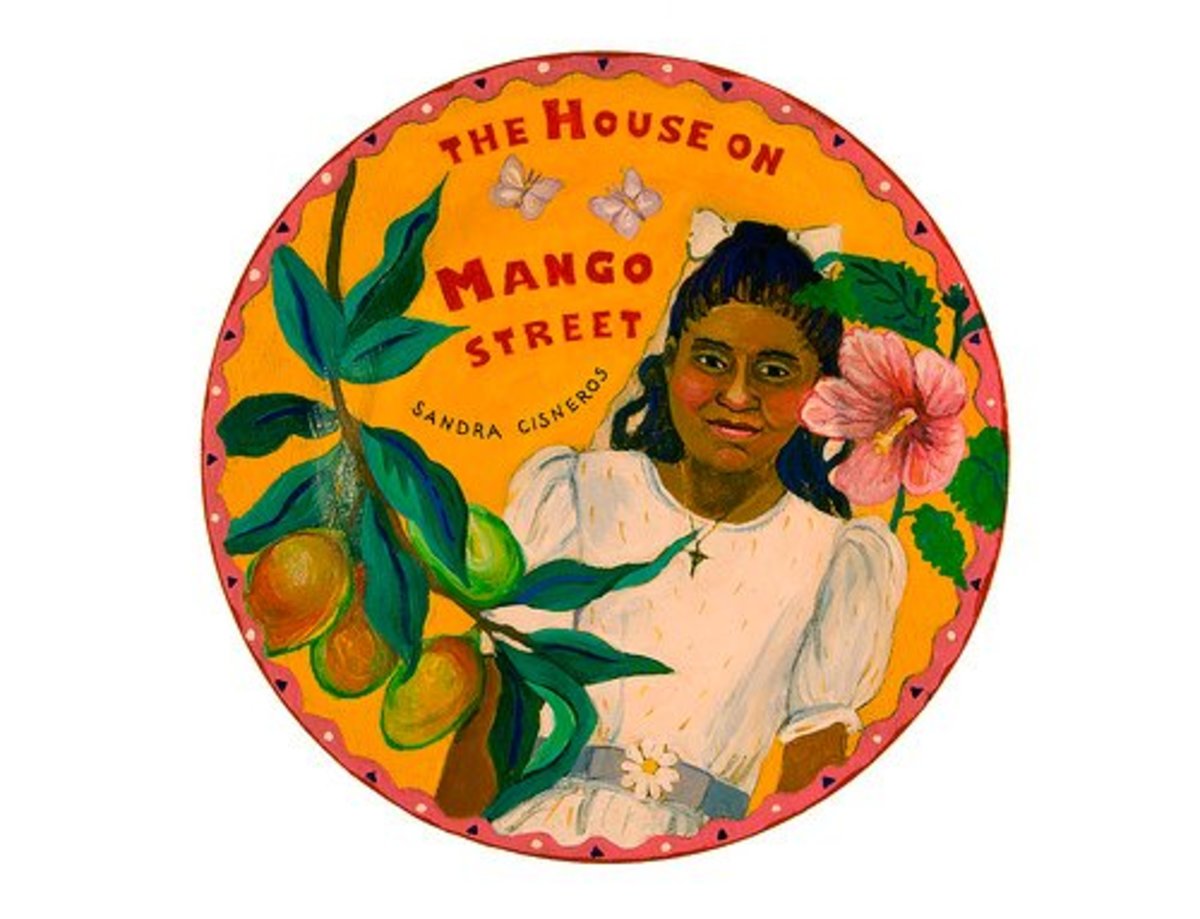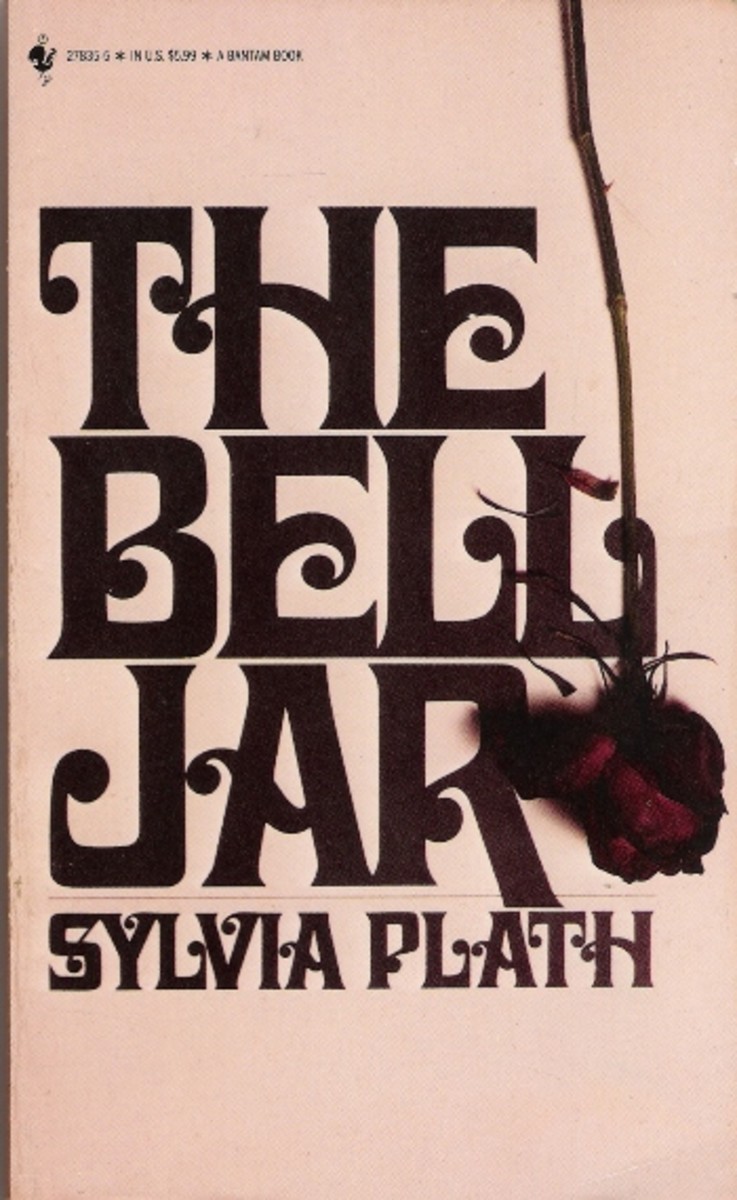Books You Should Own, But Probably Don't. Part 2: 20th Century American Literature: Postmodern Postmodernism
This is part two in a continuing series of hubs all of which are designed to inform and guide anyone who might want to know a little bit more about the rich tradition of art, letters and philosophy we have inherited from those who came before us.
Often times it is difficult to know what books are worthwhile, or what to expect inside. This series will give brief overviews of different works from different fields of fiction, history, drama, philsophy, and critical theory in order to help someone unfamiliar with the literary canon not only learn a little bit about our rich culture and heritage as human beings, but also make wiser investments when purchasing books for both pleasure and serious study.
I have even researched the books on amazon.com and have links to both affordable and more impressive volumes of the works. There will be several forthcoming hubs all with a specific theme or type of literature.
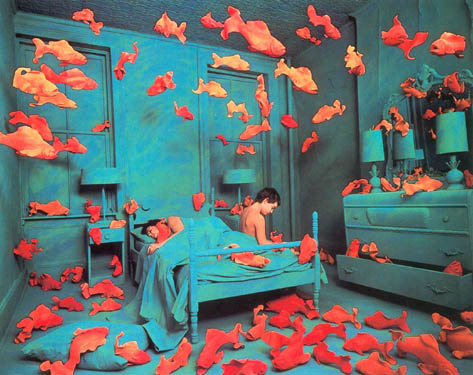
Postmodernism and Postmodern Literature
Postmodernism is one of the most ubiquitous, misused, little-understood, over hyped, and downright complex terms in the English language. Before we really get into it, one myth that needs to be cleared up right away is that postmodernism is a cut and dry idea, so it is very hard to be completely wrong when you try to say what it is. For this reason, it is not a good idea to try to correct someone when they define postmodernism in a way you haven't heard before: because they may be more right than you know!
Let's start at the beginning and see if we can get a rough idea of what postmodernism is, and the only possible way to do that is to see where it comes from. Postmodernism is, in its essence, an aesthetic agenda, a philosophy, a way of thinking, a style of approach, a manner in which a thing is done, a vehicle for thought and action and feeling and human life. All of those answers are as correct as the other, if you can imagine that. Postmodernism is therefore a a complex term used to define a certain aesthetic and philosophical response by artists, thinkers, politicians, writers, and directors who were, for the most part, born between the two world wars. This is a limited definition, but again, we are starting at the beginning.
Postmodernism, you will notice, contains the word modernism, and literally means "after modernism," and it is just that: what comes after modernism. So without getting into a deep discussion of why and how, let's make a list of modernism's tenets:
1. Modernism interprets the experience of mankind up to now as a process of loss: think of T.S. Eliot's "The Wasteland" or William Faulkner's "The Sound and The Fury."
2. Modernism expands upon the idea of traditional literary form to allow experimentation with things like "stream of consciousness," think of James Joyce's "Ulysses" or Ralph Ellison's "Invisible Man."
What's More Postmodern than Reading Postmodern Fiction on your New Kindle?
3. Modernism saw the future as bleak, most likely ending in the inevitable self-annihilation of man. Think of Hemingway, Kafka or Virginia Woolf.
4. Modernism removed a layer of formality between the author, the story, and the reader. Instead of the grand narratives of the 19th century where the author was "the man behind the curtain," modernism explored different manners of storytelling that broke down the way things were done in the past. Think of Proust, Faulkner, Joyce, etc...
That list could go on for a dissertation's worth of entries, but the goal of this series is a sampling, so that's all we get. Now postmodernism, unlike modernism...
1. Postmodernism agrees the past was wrong, but instead of despair, there is a wry and humorous bend to their reinterpretation of the past. Slightly past being scared to death, even though the truth remains that we could die at any moment, the postmodern philsophy embraces its own ironic attitude with a humorous sort of sincerity.
2. Postmodernism expands upon the spirit that lead modernists to experiment with new ways of storytelling. Only by comparison, postmodernists are hyper creative. Almost anything goes in postmodernism. In some cases the whole semblance of story, plot, or even sentence and paragraph are non-existent. Sometimes this is seen as a detriment to the genre, but I believe one amazing piece is worth a thousand hack attempts. Furthermore there is no progress without change and experimentation, and in a climate such as the postmodernism, art evolves like plants in a green house.
More On Postmodernism
3. Postmodernism is still concerned with whether or not we're going to be blown up, but a lot of postmodernists have moved away from dystopic visions of the future, once again trading their melancholy for dry humor. The effect is an older, slightly more controlled expression of some of the same tenets of modernism, but the important difference is that, against all odds, postmodernism is able to look those harsh realities full in the face without shrinking.
4. Once again completely outdoing their modernist predecessors, postmodernism destroys all suspension of disbelief within the novel. Now, for the first time, the author can talk directly to the reader. The author is free to do whatever he wants. This is where the idea of "meta-fiction" comes in. Meta-fiction is fiction about fiction. Which doesn't make sense until you think about an author coming right out and saying "by the way, I'm writing this and thinking that you will not like me much if I kill off the protagonist, but what you have to understand is if I don't kill off the protagonist the ending doesn't work, so I have to, please forgive me," right in the middle of the text! And believe me this type of thing happens WAY more than you might think in postmodernism. Two excellent examples are John Fowle's "French Leutenant's Woman" and John Barth's "Coming Soon!!!"
Now keep in mind this is where postmodernism comes from, and by the time 1990 rolled around, a lot more was going on that included the development of fragmentation, ethnic and cultural diversity as the majority, the emergence of female and minority literatures, the development of deconstructionism, and the explosions of sub-genres.
The five novels featured in this hub all pertain to the four tenets of postmodernism outlined in this introduction. Without further ado, here are the books you should own, but probably don't.

The Sot-Weed Factor
by John Barth
Originally published 1960
The Sot-Weed Factor shares its name with the poem that inspired it. The original poem was written back in colonial times by the first poet laureate of Maryland, who also happens to be the protagonist of this epic farce of a historical adventure. Barth rewrites history hysterically, and nothing is sacred. All the characters and names we learned in school as American history are treated to a raunchy, racy, downright riotous telling by one of the best writers America produced in the twentieth century. It is a long novel, but don't be intimidated! Big books look great on your shelf, and this one is dirty enough you wouldn't want your mom to know you laughed so hard.
But as always Barth's work is far too complex, well crafted, informed, intelligent, and pulled off to be treated as anything less than some of the best fiction postmodernism has to offer. The book is a great look at why postmodernism is seen as silly, yet still remains critically and culturally relevant in a way only true literature can.
The story is about Ebeneezer Cooke who moves to America because he inherits a mistake. Along the way any and everything imaginable happens to keep him from reaching his new home. In the end, the novel preserves everything we cherish about the founding of our nation while reminding us if we don't laugh at ourselves, someone else will.

Catch - 22
by Joseph Heller
Originally published 1961
Most people have heard the phrase "Catch-22" and know that it is a way to describe a no win situation. A quick example is this, answer the following question with a yes or no, "Do you still beat your wife?" See the problem? There is no easy answer or way out of that question. That, in essence, is a catch-22. A situation where no matter what you do, you cannot escape.
Set in Italy during WWII, Catch-22 is about a regiment of American airforce bomber pilots who live through some of the zaniest adventures in any war story. Much like Sot-Weed, Catch-22 is a farcical telling of a group of soldiers who seem hell bent on destroying themselves for the most ridiculous, frivolous, and boring reasons possible. Every character you meet in this tour-de-force is a hilarious caricature worthy of his own novel. Characters who try to continually bore themselves, or carry crabapples in their cheeks (I know), or have nightmares of cats sleeping on their faces, etc., etc., etc., populate the novel with hilarious consequence.
The book is a protest of the craziness of war, and only the insanity of the holocaust could make the book sane. Heller's inspired work is a page turner and great for readers in their teens looking to see what the hype about books is anyway. The book is a great example of the irreverence of postmodernism, and it's ability to look the apocalypse in the eye without horror. Say what you will of Yossarian and the cast of characters you meet in Heller's classic, they have a way of coming unbidden to your mind to cheer your day even as they stand as a stern reminder of what we as mankind once did to ourselves, and must never do again.

Breakfast of Champions
by Kurt Vonnegut
Originally published 1973
Kurt Vonnegut is one of the most loved and best known postmodernists America has ever produced. The debate as to whether or not he is literature is a passing fad and he has finally earned the place on our bookshelves he has long held in our hearts. He is a tender compassionate soul whose zany stories and creative characters represent postmodernism's willingness to experiment in diverse types of writing such as science-fiction, satire, memoir, and literature.
Breakfast of Champions is one of his earlier works, and it is populated by characters who have been isolated by their choices and the fragmentation of the modern world. It is the story of Kilgore Trout, science-fiction writer, and Dwayne Hoover, a used-car salesman. Their seperate stories are told side by side. Trout is on a journey to Midland Ohio to receive a writing award, and Hoover, well, he has his own set of problems including his wife and son. Their paths cross in Midland, where, Trout also meets Vonnegut and recognizes him as the author who created him. This is classic suspension of disbelief that is indicative of postmodernism.
I will not ruin the story by telling you what comes of an author and character meeting face to face. The book also has hilarious hand drawn figures by Vonnegut throughout which make it a great book to flip through or have out on a coffee table or study. It is very easy to read, and not overly lengthy so it is a great starting place for someone new to postmodernism.

White Noise
by Don DeLillo
Originally published 1985
White Noise is DeLillo's brilliant look at the end of the twentieth century. It is about a middle-aged college professor and his wife who are in an unhappy marriage, even if they don't realize it. The novel is a theoretically complex work that likens the existential position of modern man to the "white noise" that comes from the cacophony of sources the modern man is constantly bombarded with at all times.
Postmodernism's existential tendencies find themselves swept along by caravans of station wagons, pill dealing psychiatrist, the craze of modern academia, and, of course, the great American land of bright shiny promise: the grocery store. DeLillo's work is not for the light of heart, but it is not that long, and the characters are endearing as much as they are neurotic. The use of the grocery store as a symbol for our insecurities and their exploitation by modernity is powerful, and telling.
The book is a great picture of postmodernism in the 1980s at the height of materialism. The characters in the novel are very much "material people" living in a "material world." DeLillo puts a lot of heart and compassion into these characters disenfranchised from the American Dream they thought they wanted by the "stuff" that dream has given them.

Infinite Jest
by David Foster Wallace
Originally published 1996
This is one of the largest, longest, most complex, insane, hilarious stories about the typical modern American dysfunctional family of savants and geniuses. Too broad for even a plot synopsis, lets just say that in the near future in a restructured North America a brilliant and bizarre film maker makes a film that, well, is the ultimate weapon. He then commits suicide and it is up to his sons, one of who is a kicker for an NFL team and the other of who is a teenage tennis prodigy, to set things right.
Along the way you meet the largest ensemble of crossdressers, tennis players, spies, agents, politicians, school faculty members, and about a hundred more that it is almost impossible to keep up with. The sheer volume of the book is intimidating. When you realize that the last 100 pages are all footnotes that Wallace himself wrote for the novel, then you begin to grasp the grand scale the book was written on. Nothing short of genius, the novel is perhaps the best book I have ever read, and certainly the most impressive work to come out in the last twenty years.
Sadly David Foster Wallace recently committed suicide at far too young of an age. His prolific and brilliant career was cut short, but not before he produced one of the finest pieces of fiction an American has ever written. Wallace is a master of meta-fiction and helped develop it to the next level in postmodernism. His book will most certainly be the biggest in any collection (think War and Peace) but unlike the monsters of the past, this one reads with the pace of a race car. I cannot give it a higher recommendation, but must add warning: if you don't have stamina, you'll never make it.
More on Postmodernism
Coming Next: 19th Century Russian Literature
These five works are just a selection in the vein of American Postmodern literature and are a great starting place for anyone who has ever been interested in our literary heritage. They, however, cannot be assumed to be an adequately large and diverse enough sampling to fully represent the depth and breadth of postmodernism. In fact it is so diverse, I will follow this post up with one on the women of postmodernism, because their work is also aesthetically and philosophically different.
But first, our next installment will take us back to the 19th century and the masters of Russian Literature! No longer will you have to feel daunted by the big names and bigger books of the great Russian literature of the past, but you will have an inside guide into a few key pieces that would make a great addition to you or anyone you know's library. From there you, if you want, will be informed enough to know who you'd like to read next.
I would like to sincerely ask for suggestions on other "types" of books or schools of thought. Just to give you guys an idea, I plan on covering classic philosophy and historical texts in addition to fiction (for our literary heritage truly encompasses these as well as other disciplines). What are the texts and works and names you've been curious about, but never asked? I'm all ears.
Postmodern Literature For Your Kindle!
Postmodern Anthologies and Criticism
Other Hubs on Modern and Postmodern Literature By Cdub77...
- Kurt Vonnegut's Version of the Fairytale Bluebeard: Writing About Writing For People Who Don't Read
Kurt Vonnegut, one of the most prolific if not best American writers of the second half of the twentieth century, first earned a reputation for himself as a science-fictionist with his early works, The Sirens... - Literature and The Modern Short Story: Analyzing Nick Hornby's "Nipple Jesus"
Embedded right in the center of the new collection of stories edited by Nick Hornby, Speaking with the Angel, is a story by Hornby himself. NippleJesus is the title of the work which is narrated by... - Literature You Should Own, But Probably Don't. Part 1: Epic Poetry (Iliad, Odyssey, Aenied, Etc.).
This is part one in a new series of hubs all of which are designed to inform and guide anyone who might want to know a little bit more about the rich tradition of art, letters and philosophy we have inherited... - The Great American Anti-Hero: Faulkner's Thomas Sutpen as the Uniquely American Version of Joseph Ca
We have a few old mouth-to-mouth tales; we exhume from old trunks and boxes and drawers letters without salutation or signature, in which men and women who once lived and breathed are now merely initials...

